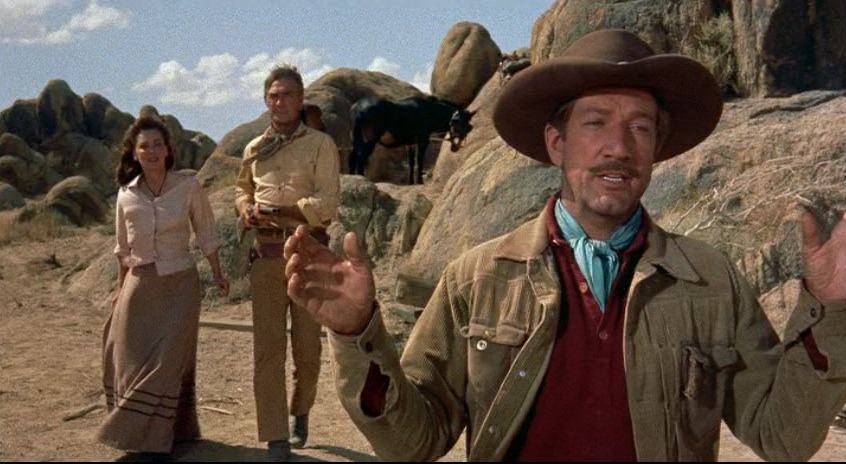Watching Justified as each new season appeared like an evermore welcome spring I’d forgotten that Higgins’ novel had been used earlier by Raylan to explain things to some low-life, so when the book got bandied about in the final episode I thought it was some more or less random Tarantino-esque homage. But Stray Bullets blogspot has persuaded me it was anything but:
The Friends of Eddie Coyle had long been cited by Leonard as the book that inspired him to stop writing westerns and to try his hand at crime fiction. It was a book that changed his life.
In 2000, Leonard wrote: “What I learned from George Higgins was to relax, not be so rigid in trying to make the prose sound like writing, to be more aware of the rhythms of coarse speech and the use of obscenities. Most of all … hook the reader right away.”
Leonard had also said of Higgins: "He saw himself as the Charles Dickens of crime in Boston instead of a crime writer. He just understood the human condition and he understood it most vividly in the language and actions among low lives.”
Raylan closes the book and gives it to Tim. As with so much of Leonard, it’s an understated, almost disposable gesture freighted with unspoken emotion. It’s heartfelt, but neither Raylan or Tim act like it means much of anything at all. It's just a beat-up old paperback, right?
As Raylan walks out of the office forever, in the background, (quite literally behind his back) Tim is approached by office irritant Nelson.
Nelson: You gonna read that book, Tim?
Tim: No, Nelson, I’m gonna eat it.
Nelson: I read fast. Have it back to you tomorrow.
Tim: Keep talking, I’m gonna throw this stapler at you.
The tagline on the movie poster for the Peter Yates adaption of The Friends of Eddie Coyle could equally apply to Justified if you substitute the word "Eddie" for "Raylan": “It’s a grubby, violent, dangerous world. But it’s the only world they know. And they’re the only friends Eddie has.”
















